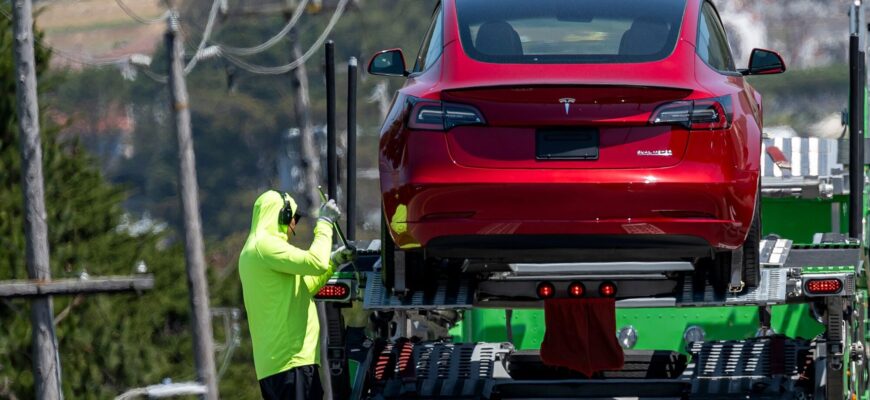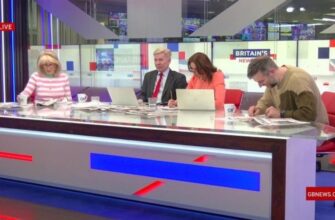Tesla’s financial performance experienced a significant downturn during the initial three months of the year, revealing a substantial decline in profitability. A detailed report released this week indicated that the company’s profits plummeted by over sixty percent, reaching $409 million – a considerable drop from prior expectations. This translates to approximately 12 cents per share, falling considerably short of what analysts had predicted.
Furthermore, Tesla reported a nine percent decrease in revenue, totaling $19.3 billion for the period encompassing January through March. This figure also missed Wall Street’s anticipated figures.
The Root of the Challenge: External Pressures
- Recent controversies surrounding Elon Musk’s involvement with a governmental organization focused on workforce reductions have fueled public criticism and instigated protests nationwide.
- Musk’s vocal support for politically aligned figures in Europe has further complicated matters, damaging brand perception and potentially deterring prospective buyers within that region.
Investor Concerns & Strategic Shifts
“Many investors are expressing concerns about Musk’s divided attention,” stated a financial analyst quoted in several publications. “They believe his engagement with Washington’s political landscape is detracting from the core operations of Tesla and that a change in leadership structure – either relinquishing his CEO role or stepping away from his advisory position – would be beneficial.”
Tesla’s stock price has experienced a significant correction this year, dropping more than forty percent. Despite a minor recovery during after-hours trading, the market remains wary. The company plans to address investor anxieties with an upcoming conference call scheduled for later in the week, where they will provide a detailed overview of their quarterly results and outline future strategic initiatives.
Looking Ahead: New Models & Competitive Landscape
“The once dominant force in electric vehicle technology is now facing unprecedented competition,” noted industry experts. Tesla intends to introduce a more affordable iteration of its best-selling SUV, the Model Y, later this year. Additionally, they are planning to launch a commercial driverless robotaxi service in Austin, Texas, slated for commencement in June.
However, the company’s progress is being challenged by several factors. Chinese electric vehicle manufacturer BYD has recently unveiled a revolutionary battery charging system capable of rapidly replenishing vehicle power. Simultaneously, European rivals are introducing advanced technological models that pose viable alternatives to Tesla’s offerings, coinciding with a shift in consumer sentiment against Musk’s brand.
While Tesla benefits from its domestic manufacturing capabilities, potentially mitigating the impact of U.S. tariffs imposed by the Trump administration, it remains vulnerable. The company relies on imported materials subject to new taxes and faces potential repercussions from retaliatory measures enacted by China, including a temporary suspension of Model S and Model X orders in mainland China.
“Tesla will not be completely unscathed,” reported Reuters. “The tariffs impacting key raw material sources present an ongoing challenge.”









